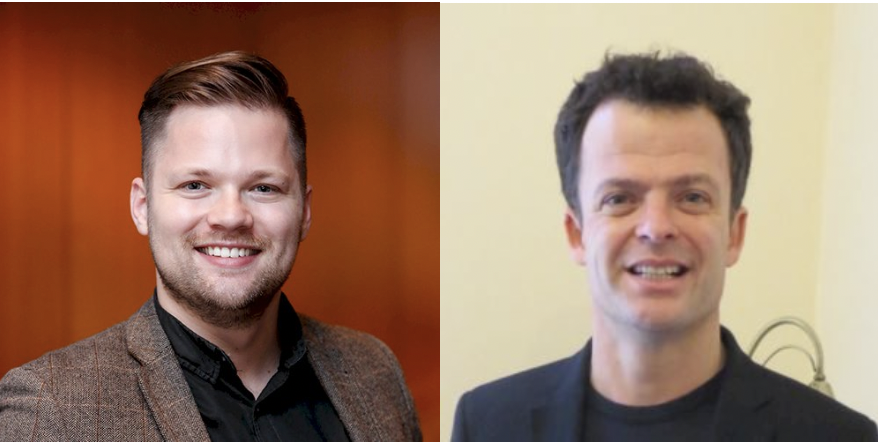In our own peer-reviewed, plain-language podcast, patient advocate Alex Filicevas of the World Bladder Cancer Patient Coalition and Dr. Thomas Powles of Barts Cancer Institute, Queen Mary University of London, look back at the European Society for Medical Oncology (ESMO) 2021 congress and reflect on the implications that the research may have for the future of patient-focused cancer care. Highlights from the congress included a promising therapy combination for patients with urothelial cancer1 and an investigator-led, charity-funded study comparing two perioperative chemotherapy options for patients with muscle-invasive bladder cancer.2 More recently at the American Society of Clinical Oncology (ASCO) 2022 congress, we saw a particular focus on patient-centered care and inclusivity in clinical studies, as well as further developments in clinical research. However, although it is exciting to see clinical studies meeting their primary endpoints and emerging treatments in the pipeline, it is important to manage patient expectations and consider the time it takes for such developments to reach real-world clinical practice.
Of course, ESMO and ASCO are not the only congresses to include patient involvement. Among others, the European Association of Urology congress includes a patient poster track and a Patient Day developed in collaboration with patient advocacy groups. The American Urological Association congress includes a Patient Perspectives category for abstract submissions, and the American Association for Cancer Research holds a number of Patient Advocate Forums on different topics throughout the year. It is our hope that, moving forward, patient advocacy becomes more and more of a prominent feature championed across oncology congresses and beyond. We are faced with an opportunity to improve patient care and healthcare efficiencies. The patient community will be an essential partner in achieving this goal. It is imperative for all clinicians and allied healthcare professionals to embrace this changing cancer care ecosystem. For cancer care to successfully evolve, medical research must be carried out with patients, not just for patients.
Written by:
- Alex Filicevas, World Bladder Cancer Patient Coalition, Brussels, Belgium
- Thomas B. Powles, Barts Experimental Cancer Medicine Centre, Barts Cancer Institute, Queen Mary University of London, London, UK

References:
- Powles TB, Chistyakov V, Beliakouski V, et al. LBA27 - Erdafitinib (ERDA) or ERDA plus cetrelimab (CET) for patients with metastatic or locally advanced urothelial carcinoma (mUC) and Fibroblast Growth Factor Receptor alterations (FGFRa): First phase (Ph) II results from the NORSE study. Ann Oncol. 2021;32 (suppl_5):S1283-S1346. 1210.1016/annonc/annonc1741.
- Pfister C, Gravis G, Flechon A, et al. 652O - Dose-dense methotrexate, vinblastine, doxorubicin and cisplatin (dd-MVAC) or gemcitabine and cisplatin (GC) as perioperative chemotherapy for patients with muscle-invasive bladder cancer (MIBC): Results of the GETUG/AFU VESPER V05 phase III trial. Ann Oncol. 2021;32 (suppl_5):S678-S724. 610.1016/annonc/annonc1675
Disclosures:
- Alex Filicevas is an employee of the World Bladder Cancer Patient Coalition, which receives funding from Astellas, AstraZeneca, Bristol Myers Squibb, Ipsen, Janssen, MSD, Merck KGaA, Pfizer, Roche, and Seattle Genetics.
- Thomas B. Powles is a consultant for Astellas, AstraZeneca, Bristol Myers Squibb, Eisai, Exelixis, Incyte, Ipsen, Johnson & Johnson, Merck, Merck Serono, MSD, Novartis, Pfizer, Roche, and Seattle Genetics.
- Medical writing assistance funded by Pfizer Inc (New York, NY, USA) was provided by Kirstie Anderson of Onyx (a Prime Global Agency).
Read the abstract
Listen to the plain language podcast or read the transcript: Filicevas A and Powles TB. Oncol Ther 2022;10:1–11.


